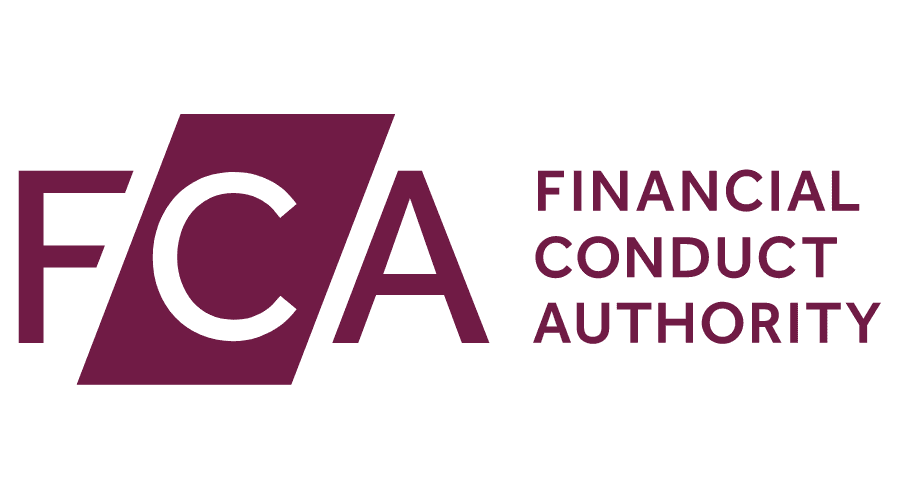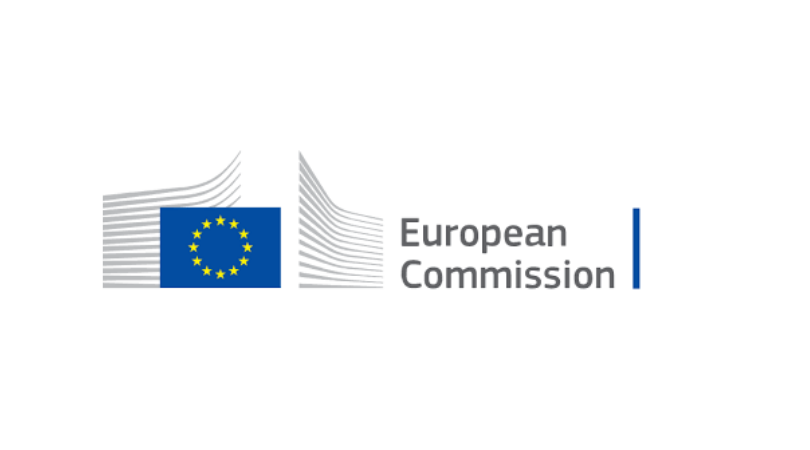A complete overhaul of the Sustainable Finance Disclosure Regime (SFDR) labelling framework could pose challenges for UK investors looking to integrate UCITS ETFs into their portfolios, fund selectors have warned.
ETFs domiciled in the EU could face “difficulties” in a UK regime unless the new SFDR framework adopts the same labels as the Financial Conduct Authority’s (FCA) Sustainable Disclosure Regime (SDR).
The FCA recently announced it will introduce the Overseas Fund Regime (OFR) in April 2024, removing a key post-Brexit barrier for new EU-domiciled ETFs when entering the UK.
However, Damien Lardoux, head of impact investing at EQ Investors, said some European-domiciled ETFs could be ruled out of their portfolios unless the FCA and the EU adopt the same sustainable definitions for labelling funds.
“The FCA believes a labelling approach is better and it is interesting to see potentially Europe following suit,” he said. “One of our challenges is to get the UK and Europe to adopt the same definitions as otherwise it creates challenges to build portfolios.
“If labels are different in the UK and Europe, to get a label in the UK, that might rule out a number of European funds to be added in our portfolios.”
It comes as the European Commission launched a consultation into SFDR in September which could lead to the potential overhaul of the current Article 8 and Article 9 classifications in favour of fresh labels.
The four new category proposals outlined by the European Commission are designed to closely align with the FCA’s sustainability disclosures; sustainability focus, improvers, impact and mixed goals.
Ongoing dialogue
Gavin Haran, head of policy for asset management at Macfarlanes, said he believes non-equivalence between EU and UK labelling regimes could pose difficulties for ETFs with the OFR set to be introduced next year.
“Some of the funds being authorised in the EU would have some difficulty if you were to put them in the UK regime, particularly with off-shoring coming in,” he said.
“The FCA has said it does not want to cause issuers massive problems with divergence so it sounds like there will be an ongoing dialogue between the UK and the EU. Hopefully it would not shoot the ETF industry, given the expansion of ETFs and particularly at this stage of growth for the market.”
Despite this, it is believed the European Commission is favouring keeping the existing framework, developing more clarity over ‘non-ESG’ Article 6, ‘light green’ Article 8 and ‘dark green’ Article 9 which would “not map very neatly” with SDR.
“For practical reasons [keeping the current framework] will be more likely,” Haran said. “If you keep Articles 8 and 9, the industry already uses the terms ‘light green’ and ‘dark green’ anyway.
"You might see a numbering system come in, so six, eight and nine, but you could potentially see another category added, 8.5 for example. But a ranking system would be different to labels proposed by the FCA.”
Sergey Dolomanov, partner at William Fry, said going down such a route risks having the same greenwashing problems unless the defined quality measures – such as minimum sustainable investments – are improved.
“If we leave too much room for interpretation you again risk some form of greenwashing,” he said.
Lobbying
The European Commission’s position puts it at odds with much of the industry and many national regulators who have been lobbying for a new labelling regime.
The Dutch regulator AFM recently called for a complete overhaul of SFDR which includes the removal of Article 8 and Article 9 in favour of new product labels.
The Institute for Energy Economics and Financial Analysis (IEEFA) also said the current system should be overhauled in favour of a new labelling regime.
Haran added: “We are now in the period of quite heavy lobbying, mainly from regulators and national governments worried about greenwashing. France has brought in a lot of rules locally to try and deal with the issue.”
While asset managers have been tight-lipped on the potential developments, BNP Paribas Asset Management (BNPP AM) backed a revamping of the current framework – keeping Article 8 and Article 9 – given the efforts the industry has made in implementing the structure to date, Responsible Investor reported.
However, Dolomanov said asset managers in general will not be too concerned about wholesale changes to the framework given they will have to update the new proposals in whichever form they take.
“If SFDR is reformed, and it looks set to be reformed, asset managers will have to adapt to the changes in the documents,” Dolomanov said. “The positive thing is the Commission is open to criticism, this is shown in the consultation question around cost proportionality of the implementation of SFDR ‘level 1’ and ‘level 2’.
“Simplification for the end investor is the desirable outcome,” Dolomanov added. “The demand from asset managers for a labelling regime was clear by the way current Articles 8 and 9 were being used.
”Whichever route the European Commission decides to take it is not likely anything will be legislated for until 2026 at the earliest, meaning issuers and investors will be using Articles8 and 9 as a defacto labelling regime for sometime to come."
This article first appeared in ETF Insider, ETF Stream's monthly ETF magazine for professional investors in Europe. To read the full edition, click here.







